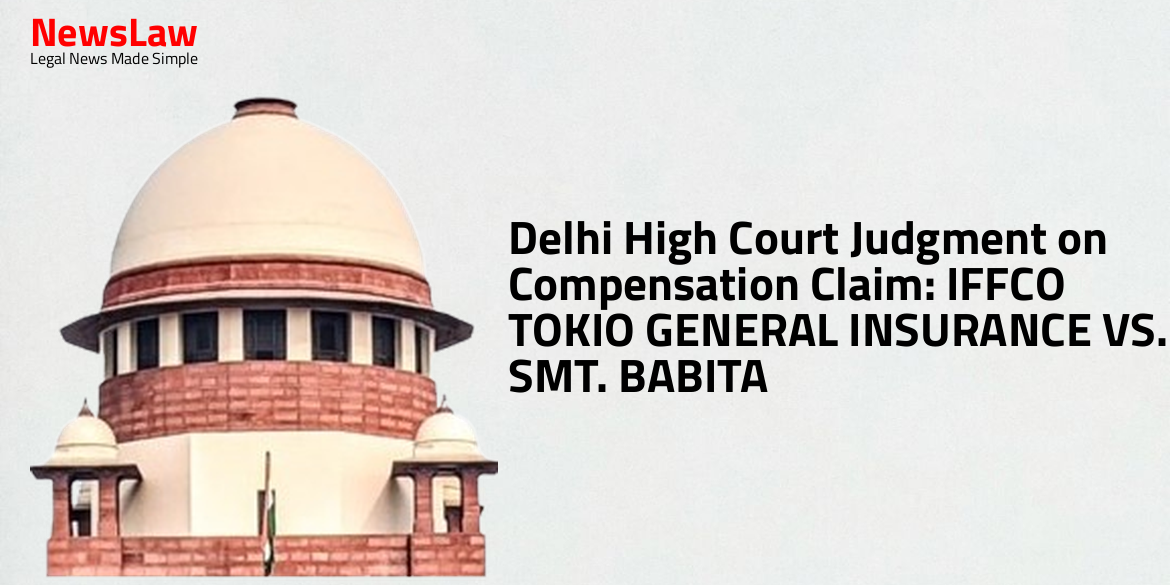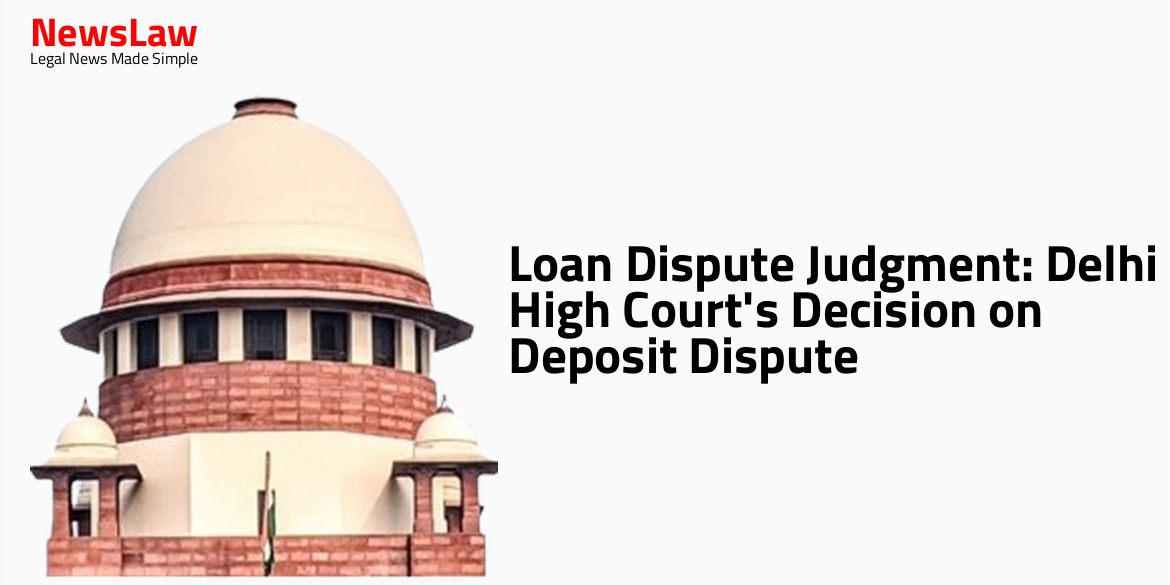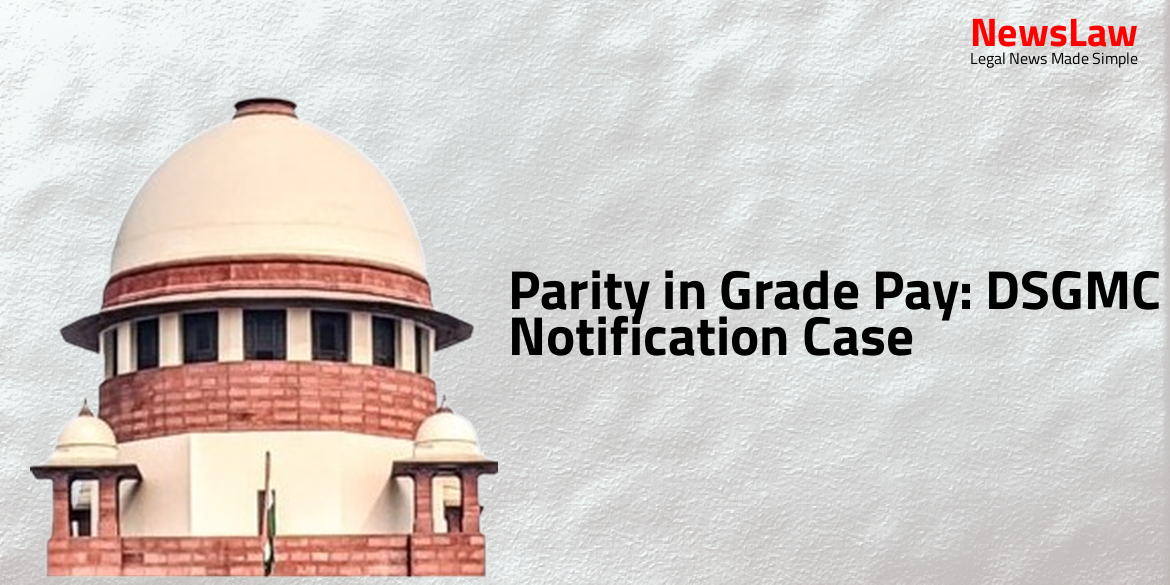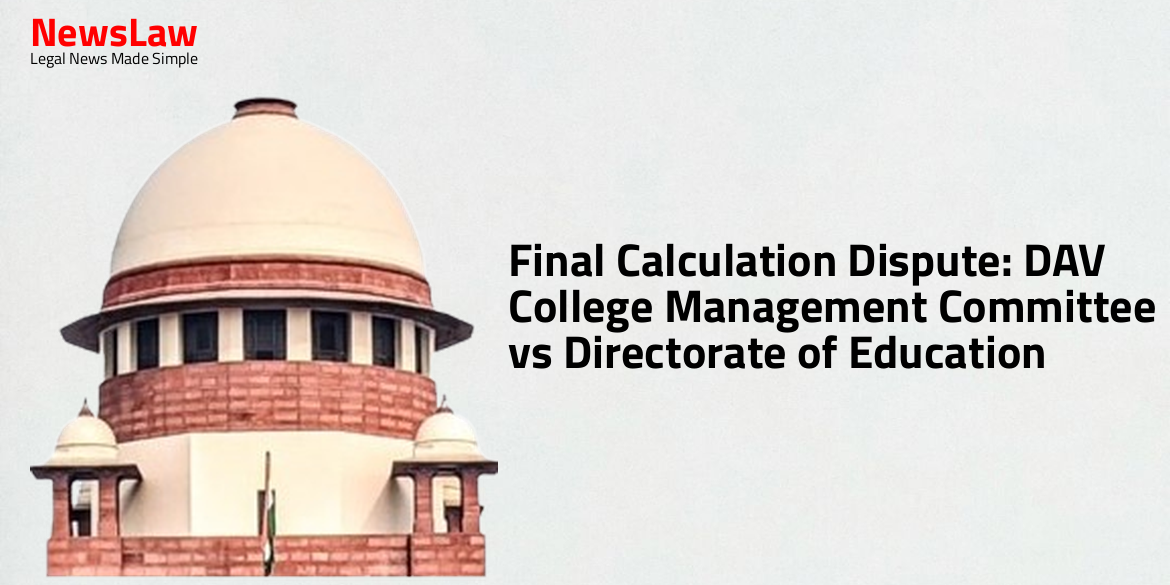The Delhi High Court recently delivered a significant judgment in the case of IFFCO TOKIO GENERAL INSURANCE VS. SMT. BABITA concerning compensation claims in motor vehicle accidents. The decision clarifies the rights of claimants and the responsibilities of insurers and vehicle owners. Let’s delve into the details of this crucial legal ruling.
Facts
- The claimants, including the deceased’s wife, four children, and mother, filed a claim petition under Section 163A of the MV Act.
- The driver and registered owner of the offending bus raised a preliminary objection stating that the accident was not caused by the negligence of their driver but by the TSR driver.
- Section 163A of the MV Act was inserted to provide a social security scheme.
- The Supreme Court, in the case of Ningamma v. United India Insurance Co. Ltd., explained the scope and ambit of Section 163A, emphasizing it as a self-contained code.
- The Supreme Court clarified that fault on the part of the driver may not be relevant for the maintainability of a claim petition under Section 163A.
Issue
- There is no dispute about the occurrence of a motor vehicular accident on 03.11.2014.
- The deceased was travelling in a TSR when it collided with the offending vehicle parked on the side of the road.
Arguments
- R-3/ Insurance Company could not seek division of liability between itself and the driver/owner of the TSR due to the choice provided to the petitioners in the IFFCO TOKIO GENERAL INSURANCE VS. SMT. BABITA judgment.
- The petitioners have the right to choose whether to claim compensation from the owner, driver, and insurer of the offending vehicle or from the owner and driver of the TSR.
- If the petitioners decide to proceed against the driver/owner of the offending vehicle, R-3/ Insurance Company cannot challenge their choice or non-suit them for it.
- Arguments by R-3/ Insurance Company that liability should be fixed only against the driver/owner of the TSR due to the rashness and negligence of the TSR driver are not sufficient to absolve the insurer of the offending vehicle.
Analysis
- Section 163-A of the Motor Vehicles Act provides for compensation on a structured formula basis without the need to prove negligence.
- The owner of the motor vehicle or the authorised insurer is liable to pay compensation in case of death or permanent disablement due to accident.
- The word ‘use’ in the Motor Vehicles Act includes when the vehicle is stationary or unable to move due to breakdown.
- The extension of liability to the master for acts of the servant has been acknowledged.
- Court decisions establish that liability under Section 163-A does not require proof of negligence.
- Parking a vehicle in a manner that obstructs traffic is a violation of road regulations.
- Section 163-A provides predetermined structured compensation to road accident victims based on age and income.
- Victim Impact Report indicated the accident occurred in the central lane of the road.
- Option to proceed under Section 166 or Section 163-A is available to accident victims or dependents.
- The argument of rashness or negligence is irrelevant under Section 163-A of the Act.
- The Motor Vehicles Act, 1988 provides for comprehensive compensation schemes to victims of accidents involving motor vehicles.
- Claimants under Section 163-A are not required to prove negligence or fault of the vehicle owner for death or permanent disablement claims.
- The term ‘any person’ in Section 147 of the Act refers to a third party contextually.
- Section 163-A aims to provide immediate relief to those with incomes below Rs 40,000, with structured compensation based on age and income.
- The owner of a vehicle is liable for compensation under Section 163-A if an accident occurs due to the negligence of their employee.
- Introduction of Section 163-A by the legislature indicates acceptance of the principle that owners/insurers are liable for compensation in accident cases.
- Compensation awarded under Section 163-A is meant to be a final settlement for the claim, as indicated in the Second Schedule of the Act.
- Observations made by the Tribunal are legally sound
- Improper parking of the bus is considered ‘use’ of the vehicle on the road
- The offending bus was parked at a public place, indicating ‘use’ according to the MV Act
- Section 163A of the MV Act does not require claimants to prove driver culpability in such cases
Decision
- Each petitioner is entitled to Rs. 40,000/- for consortium.
- Petitioners entitled to Rs. 15,000/- each for funeral expenses and loss of estate.
- Appeal filed by the insurance company is dismissed.
- Compensation of Rs. 5,00,000/- as per Second Schedule of M.V. Act is admissible to petitioners.
- Fatal accident arose from the use of offending vehicle.
- On deposit, amount to be released to claimants immediately.
- Rs. 25,000/- statutory deposit for appeal forfeited to the State.
- Total compensation of Rs. 7,70,000/- with 6% interest from 13.11.2014 granted to claimants.
- Compensation to be deposited with the Tribunal within four weeks or penal interest of 10% will apply.
Case Title: UNITED INDIA INSURANCE CO.LTD Vs. SMT SOMTI DEVI AND OTHERS (2024:DHC:3710)
Case Number: MAC.APP.-305/2021



